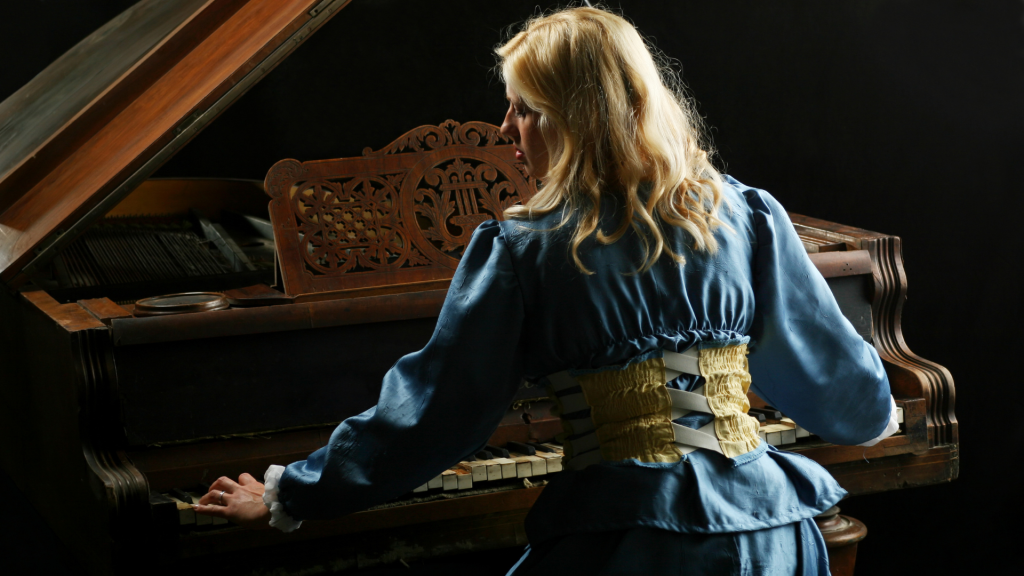Classical music has a long and distinguished history, with composers like Beethoven and Bach crafting some of the most iconic pieces in music history. In this blog post, we’ll look at some key events in classical music history, from its creation in the Middle Ages to the present day. We hope you enjoy reading!
A Brief History of Classical Music
Classical music, which evolved from early religious and courtly music in the Middle Ages, has a rich history. Classical music is often associated with the European classical tradition, but it has had a significant impact on world music.
Classical music can be traced back to the Early Middle Ages. Courtly and religious music was often used for entertainment; these early forms of classical music were sometimes called proto-classical. The earliest classical compositions date back to the 12th century and featured polyphony or multiple voices playing together
European classical tradition originated in Italy, where composers such as Giovanni Pierluigi da Palestrina and Antonio Vivaldi developed complex polyphonic techniques. In the 16th century, Europe began to move from polyphony toward monophony; developments helped this shift in printing technology, which allowed more people to hear works performed. One of the most important figures in the development of monophony was Josquin des Prez, who pioneered a style known as motet (a type of vocal composition featuring unaccompanied vocals).
The Baroque period (1650-1750) saw a resurgence in interest in classical music. This period was characterized by dramatic harmonic changes (baroque dissonance), which led to new styles of composition, such as opera. One of the most famous operas from this period is Don Giovanni by Wolfgang Amadeus Mozart.
In the 18th century, Classical music began to spread overseas. One of the most important figures in this process was Antonio Vivaldi, who traveled to Europe and the Middle East to perform his music. In the late 18th century, European classical music began to be influenced by Romanticism, a movement celebrating art for its own sake. Romantic composers such as Ludwig van Beethoven and Franz Schubert developed new techniques such as polytonality and tonality.
The early 20th century saw a decline in interest in Classical music. This was partly caused by technological developments such as radio and recording, which allowed people to listen to music in new ways. However, Classical music continued to be popular in countries such as Russia and China, where it remained influential well into the 21st century.
The First Period
The history of classical music spans over three centuries, from the time of the ancient Greeks to the present day. Classical music is often associated with highbrow and formal concerts, but it has also been used in advertising and film. The early classical composers wrote for solo instruments or ensembles, but as technology improved and new instruments were invented, composers began writing for orchestras. Today, classical music is enjoyed by people all around the world.
Music in the Baroque Era
During the Baroque era, composers such as Antonio Vivaldi and Johann Sebastian Bach created some of the most beloved and iconic music in history. Their sophisticated melodies and intricate harmonies captivated listeners across Europe and inspired many later composers.
Baroque music was often more elaborate than earlier styles, with longer lines and more complex harmonies. Many musicians at the time considered it more difficult to play, but its rich sound was a major factor in its popularity.
Many famous works from the Baroque era are still popular today, including Bach’s “Toccata and Fugue in D Minor” and Vivaldi’s “The Four Seasons.” These compositions often feature complex rhythms and intricate melodies that are difficult to replicate but still pleasing to listen to.
Music in the Classical Era
The classical era of music is generally considered to begin in the late 16th century and ended around 1800. During this time, composers such as Palestrina, Bach, Handel, and Mozart developed the genre of classical music. Classical music is typically composed using instruments such as the flute, violin, cello, and harpsichord. It tends to be more intricate than popular music and is often described as beautiful or majestic.
Some of the most famous works from the classical era include Beethoven’s Ninth Symphony and Bach’s St Matthew Passion. The classical era was also a time when composers began to experiment with new sounds and styles. For example, Beethoven wrote some famous works using unusual instruments such as the banjo and xylophone.
Despite its popularity, classical music has been criticized for needing to be more complex and easier to understand for many people. However, over time it has become more accessible thanks in part to recordings and lessons available online.
Classical music has a long and illustrious history that dates back to antiquity. It has been the soundtrack to some of the most important moments in human history, from weddings and coronations to births and funerals. Whether you’re new to classical music or have been listening to it for years, this article should give you a better understanding of its composers, history, and purpose.

